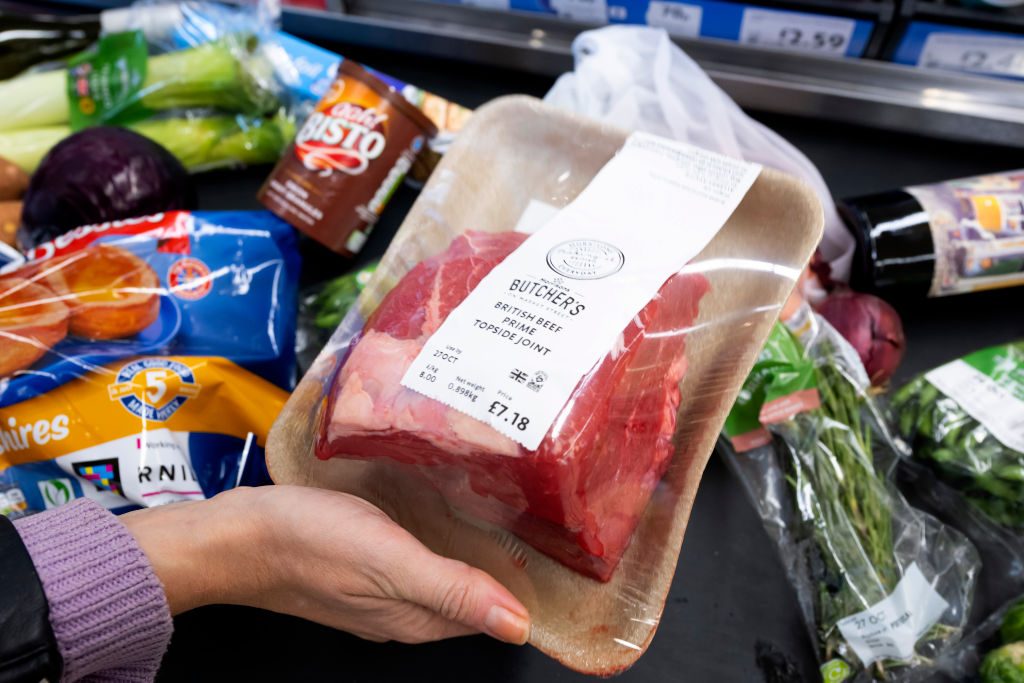Even before the cost of living crisis, Brits struggled to understand their own finances

Even before the pandemic, inflation and the energy crisis put the “cost of living” at the forefront of our minds, Brits across the country were struggling to manage their finances, writes Nicholas Lyons.
It was just over a year ago that we started to see the phrase “cost-of-living crisis” being used to describe the rise in inflation. It’s a fitting phrase, because as almost everyone in the UK acutely feels the knock-on effects of the war in Ukraine and rising interest rates, it becomes more difficult for many to make ends meet.
The reality, however, is that hundreds of thousands of people were facing a more widespread cost-of-living crisis long before the war and long before the pandemic.
People in precarious or no employment, struggling with debt, and making the choice between heating and eating and facing the “poverty premium”.
With energy bills, council tax, broadband and almost every single household expense expected to rise, it is vital that we think about how we can support those who are most at risk of falling into a financial quagmire.
I believe that financial literacy and financial inclusion are two issues we need to address urgently; they are two sides of the same coin, one missing from so many people’s pockets.
By financial literacy, I don’t mean expertise in stock trading or commodities. I mean basic understanding of financial concepts – like budgeting and the compounding of interest – that can help people to manage their money and avoid financial abuse.
And by financial inclusion, I mean making more financial support available to people in precarious financial circumstances.
Right now, our financial sector is focused on supporting people with predictable lives and incomes.
But with inflation at a high level, many people have become more vulnerable, particularly those who are self-employed or on zero-hour contracts. At the moment, many people don’t understand the financial products they’re being excluded from, and ignorance is far from bliss.
Improving financial inclusion and literacy requires coordinated efforts from business, government, charities, and researchers.
Tomorrow I will be hosting a Financial Inclusion and Literacy Summit at the Mansion House, bringing together some of the experts on these issues to create a plan on how to help more people during this.
We will hear from government ministers, journalists, and academics about the complex picture of increasing financial literacy. And financial sector leaders will discuss how to ensure more people are financially included to help stimulate economic growth.
It will be a unique opportunity to get every expert in one room and work out a strategy of support. As much as we need to act thoughtfully, we also need to act quickly.
A recent survey found that one in four people now feel locked out of the UK’s financial services market – saying they believed they would be turned down for a loan or credit card almost immediately – up from one in five when the inaugural research was done last year.
The cost-of-living crisis is a complex issue, but we cannot afford to ignore the role that low financial literacy and exclusion from financial support play in people’s financial welfare.
We need a thorough and thought-out approach if we want to have any hope of addressing them.